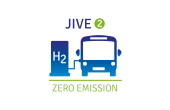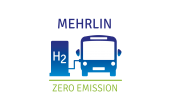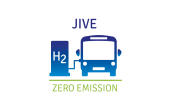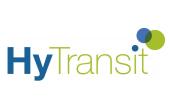News
What's in store for the future of clean public transport?
Zero Emission Bus Conference 2018 brings together battery and fuel cell buses to find solutions for zero emission society
FCH-JU publishes study on the joint procurement of fuel cell buses in Europe
The Fuel Cells and Hydrogen Joint Undertaking (FCH-JU, http://www.fch.europa.eu/) has published a new study on the joint procurement of fuel cell buses, with the aim of further facilitating the deployment of fuel cell buses in Europe.
The study worked with 90 different European cities and regions on the business case for the deployment of fuel cell buses and identified a potential demand for over 1,500 buses in these locations.
Fuel cell buses: Updates from the Netherlands (May 2018)
In the Netherlands, different actions are being taken for the introduction of zero emission fuel cell buses in public transport.
Bus manufacturer Van Hool receives an order for 40 fuel cell buses
28th february 2018
Belgian bus manufacturer has announced on the 28th of February that it has received an order for 40 fuel cell buses for Germany. This is the biggest order for fuel cell buses a manufacturer has ever received in Europe.
The order has been placed in the framework of the JIVE project, which will deploy 139 new fuel cell buses in five countries in Europe. The buses will be delivered to Germany: 30 buses will be deployed in Cologne and the remaining 10 will de deployed in Wuppertal.
High V.LO-City project: launch of the Groningen site refuelling station
Under the High V.LO-City project, PitPoint clean fuels and QBuzz have officially launched the new hydrogen refuelling station for the Groningen on the 22nd of February 2018.
Commercialisation of fuel cell buses moves one step closer with the launch of the JIVE 2 project
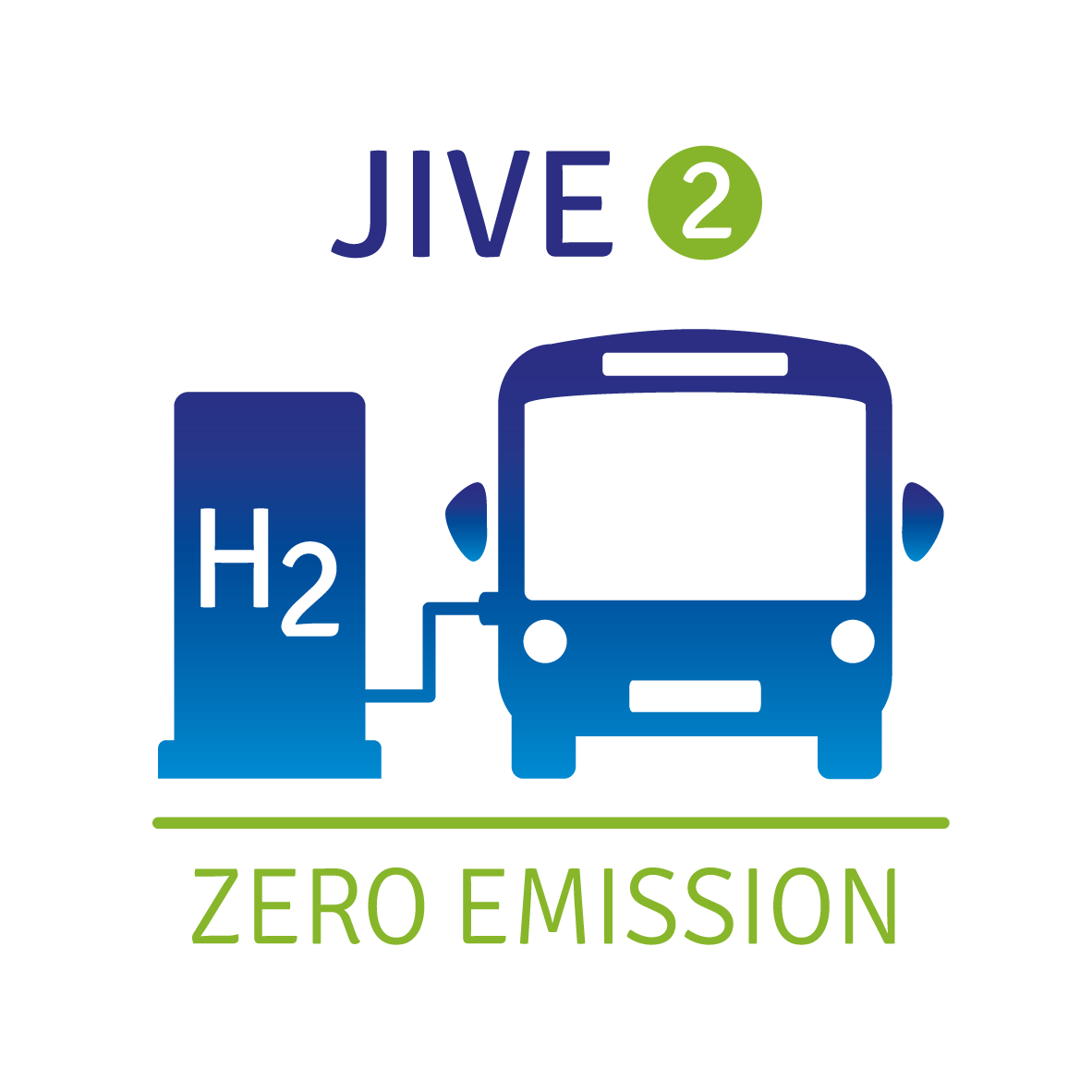
PRESS RELEASE - Brussels, 25 th January 2018
The fuel cell bus sector in Europe has this week received a tremendous boost with the launch of the JIVE 2 project (Second Joint Initiative for hydrogen Vehicles across Europe).
Route One article on fuel cell buses
Route ONE, a buses and coaches magasine, has recently published an article on fuel cell buses entitled 'Today's niche, tomorrow's mainstream'.
The magasine's team visited the WrightBus factory and had the chance to discover WrightBus' new double decker fuel cell bus.
The full article is available here.
Commercialisation of fuel cell buses -discussion paper
A White Paper on the commercialisation of fuel cell buses in Europe has been published in October 2017.
Launch of 3Emotion’s first 2 Fuel Cell Electric Buses (hydrogen buses) at public transport operator RET in Rotterdam
It is now widely acknowledged that the future of public transport buses will have to be zeroemission. Fuel cell electric buses (FCEB’s - also called hydrogen buses) are one of the technologies that meet that requirement.
Friday, June 30, the first fuel cell electric buses of the 3Emotion project, funded by the FCHJU, are being launched at public transport operator RET in Rotterdam.


